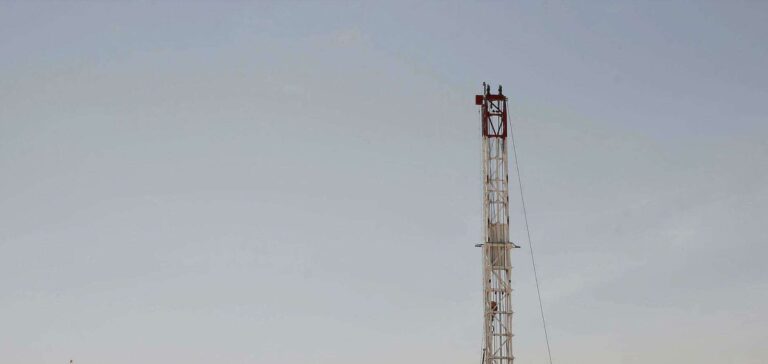Africa Oil and its joint venture partners Tullow Oil and Total Energies have completed the redesign of Project Oil Kenya.
Higher oil production of 120,000 barrels of oil per day is now planned.
Overall, the project is expected to recover 585 million barrels of oil over the life of the field.
Looking for investors
Africa Oil and its partners have presented a draft development plan for the field to the Kenyan government before the final plan is finalized by the end of 2021.
Stakeholders are awaiting the final environmental impact assessment.
At the same time, they are actively seeking strategic partners for the project on the basis of the revised plan.
A profitable project that respects environmental standards
Total gross capital expenditure for the project is expected to be around $3.4 billion over the life of the field.
The project overhaul has reduced the overall production cost to around $22/barrel, compared with $31/barrel previously.
The company and its partners also took advantage of the review to improve the environmental and social standards of the project.
In parallel with development, an exploration and appraisal plan will be put in place to ensure that future discoveries are effectively exploited.
This will extend and maintain the project’s prospects while keeping costs low by taking advantage of the drilling rigs already in use.





















